A 221B Partners Dia[b]log
Bypassing high-tech for old-fashioned means: What has been our most important informational tool during a business launch amidst a pandemic
Andrew: Jennifer, we just started a business, right? Don’t know if you’ve seen the headlines this morning, but the market is in freefall and there are reports that businesses are sending employees home and public outings are to be curtailed. Great timing for our launch, huh?
Jennifer: Put down The Wall Street Journal, Andrew. You know that I have a New York Times subscription. In all seriousness, this is serious. We will need to figure out how to get up and running operationally, and, how to get our work done in this environment. Our barely off-the-ground business doesn’t have a business continuity plan yet, does it?
Andrew: Not yet. I should say that I think this partnership will have more staying power now that you don’t need to see and work with me in an office every day for the foreseeable future. Just kidding! To your point, however, for all the talk of Zoom and other virtual meetings, I think we will be relying on our fingertips to do a lot of dialing and using the good old-fashioned telephone as a lifeline instrument. You know, the way people used to do it, right?
Jennifer: Right. Let’s only hope that we don’t revert so far back that we end up with pagers on our belts again.
Andrew: You will have to dust off your deciphering skills for the coded messages that you used to get on that old pager during your Manhattan DA’s office days. But, back to the phone, didn’t you tell me just the other day about solving a research problem by phone?
Jennifer: That’s right. It was soooo exciting. About as exciting as things can get during these times. In tracking down a lead during an asset search, I reached a clerk at a courthouse on the East Coast which was closed to the public. The clerk connected me to his colleague in IT to help try and solve an issue with getting more information about a record I felt should be there, but which wasn’t reported online. The IT associate told me the record had been inadvertently archived, making it mistakenly unavailable to online query. He “flipped the switch,” and in moments I had the information after running the search again. If we hadn’t bothered to pick up the trusty telephone, we would not have had meaningful information to report about our subject or her assets.
Andrew: It’s funny. I know customer service by phone gets a bad rap, but I think sometimes people, if you approach them nicely, can be more helpful by phone. Maybe it has something to do with the distance the phone creates or that you are not right in front of them.
Jennifer: Well anyone who knows you knows you’re very chatty and love to pick up the telephone. You’ve had some nice, recent findings by phone too, right?
Andrew: I am chatty. It comes from my family background in small Midwestern town retail. Nothing escapes you. After a bit of dialing on a recent case, I was able to rule out a subject’s involvement in a contentious securities class action suit with the help of a court clerk who was able to view the full record at the courthouse. She told me the litigant’s middle name didn’t match my subject’s middle name. Voilà.
Jennifer: So, the clerk you spoke with was really helpful, too.
Andrew: Yea, she was. There is also great information that seems like it can come only by phone. And, it’s not the stuff you typically find in public records. You don’t know if you don’t ask, right? The trusty telephone gives, I think, some interview subjects a bit more freedom and license to talk that they might not feel sitting opposite you at a table. I’ve been able to tell both due diligence and corporate activist clients qualities about a subject’s workplace temperament and management style based on phone interviews. In these cases, the feedback from the subject’s former associates was really concerning.
Jennifer: You know, if there has been one positive thing about starting a business during these times, I have found this time to be a great opportunity for networking calls and just generally reconnecting with former colleagues, friends and associates. People seem to be more open and available to outreach and hopping on an actual telephone call instead of engaging in a series of never-ending emails. Maybe these work-from-home and other challenges bring with them an impulse to help and be useful?
Andrew: Now our challenge is to get our office furnished and up and running. Will we buy a coffee maker or not, Jennifer?
Jennifer: Depends. French press? Then, yes. And what kind of coffee?
